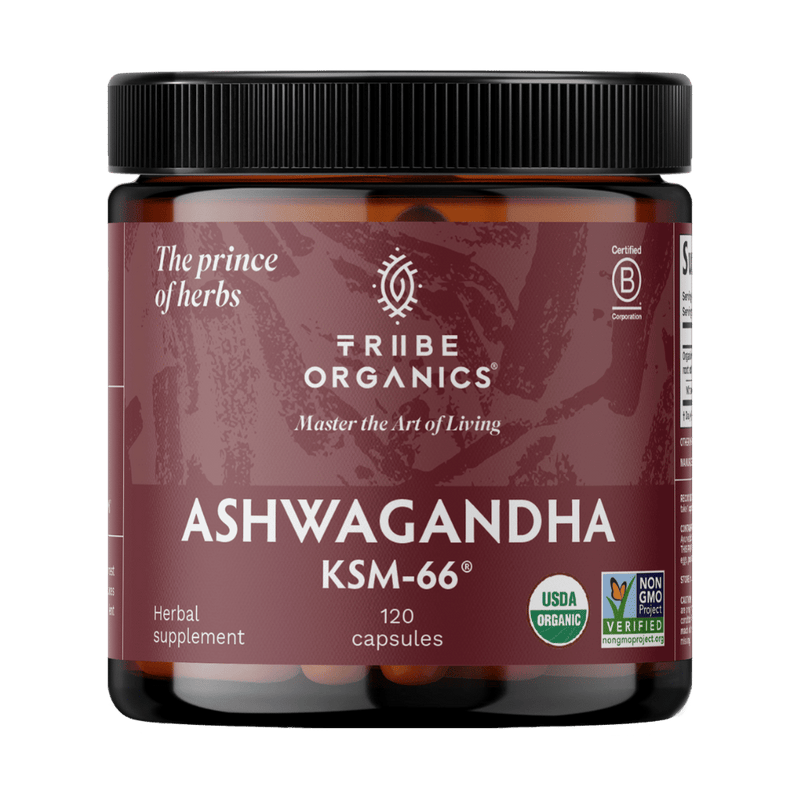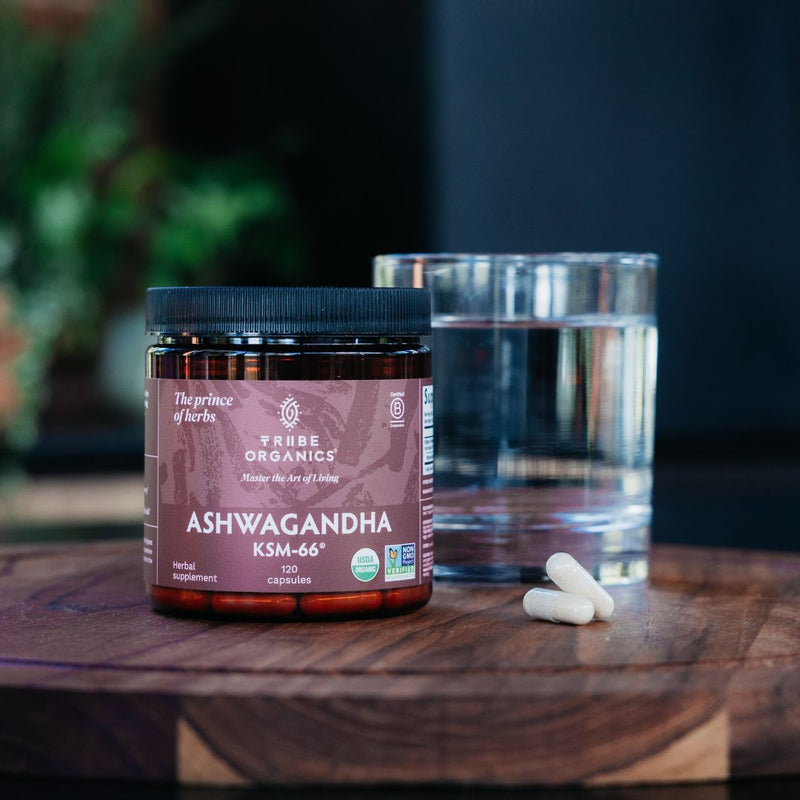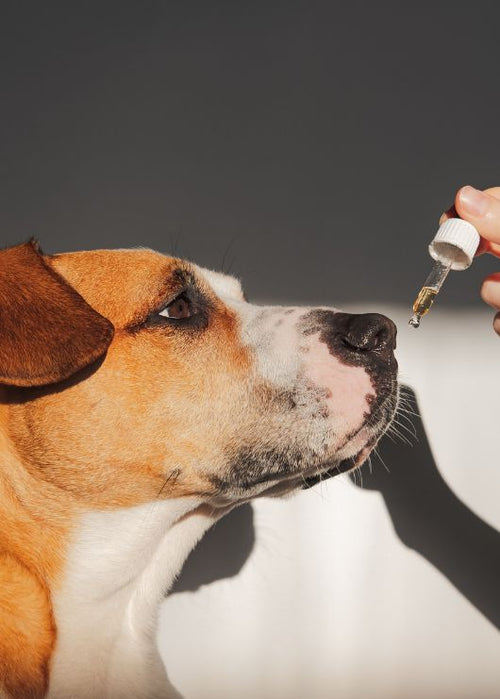What is Boswellia?
Boswellia Serrata is a medicinal herb, more commonly known around the world as Indian frankincense. Predominantly found on the mountains of central India and in parts of North Africa, Boswellia resin has been used as an extremely potent herbal medicine with multiple benefits for many centuries in these parts. There is, however, a big difference between the average Ayurvedic herbal medicine and Boswellia.

Unlike a big chunk of various herbal extracts that are often touted as being effective against a long list of ailments without sufficient proof to back up those claims, Boswellia’s medicinal effects have been closely studied by neutral research institutes multiple times for many decades. From the results acquired during those studies, it has been found to be a surprisingly potent, natural compound with huge promise for future medicinal applications too.
For example, this research paper was published by the US National Center for Biotechnology Information (NCBI). It concludes that Boswellia improves our ability to tolerate pain. The herb achieves this effect by quickly pushing our pain thresholds significantly higher, but without causing any troubling side effects in the process. Several other verified studies have also been conducted on the herb’s efficacy as an anti-inflammatory agent - with very positive results - firmly establishing Boswellia as one of the rare herbal wonders that really can help patients suffering from inflammatory diseases such as osteoarthritis, rheumatoid arthritis, inflammatory bowel disease (IBD), asthma, and down the line, perhaps even cancer!
Is Boswellia Really Suited for Dogs and Cats as Well?
Boswellia extracts should not cause any issues in most mammals, and it should also be able to provide similar anti-inflammatory benefits to pets such as cats and dogs, as it does with humans. However, we have more to go on here than just theory.Several studies that were conducted on Boswellia involved animals such as guinea pigs, rats, mice, dogs and cats, among others. Animal testing is one of the initial phases involved in developing and perfecting any drug, which is sadly the nature of drug development in general. It is an essential process nevertheless, and in this particular instance, those initial tests provided everyone with plenty of data to determine whether the usage of Boswellia is something that our pets can benefit from.
After going through the test results conducted on Boswellia in just the last decade alone, the following facts regarding its suitability and efficacy for dogs and cats were established in the veterinarian community.
- Both felines and canines with arthritis experience improved mobility following consumption of Boswellia extracts.
- Observations confirm that the anti-inflammatory effects of Boswellia are responsible for bringing down joint inflammations, as indicated by smoother joint rotations.
- Boswellia is regarded as one of the fastest, if not the fastest natural anti-inflammatory agent for both humans and most mammals (dog and cats included).
- The effects of Boswellia are observed much faster in cats and dogs than in human beings (size is a factor).
- Zero cartilage erosion near the joints has been detected or reported yet, which applies to both animals and human beings.
- Negative side-effects have not been found or reported, but theoretical evidence suggests that the herb is unsuitable for pregnant animals or humans.
- Side-effects such as glycosaminoglycan degradation and stomach lining irritation are also not observed or reported.
- Might improve liver health, in particular, while also regulating the pet’s general digestive health.
In conclusion, it would be safe to state that Boswellia is, in general, safe alternative medicine for arthritic dogs, cats, and possibly quite a few other pets as well.

Can Boswellia Have Side-Effects?
Side effects from Boswellia consumption are uncommon, especially when it comes to the products that are specifically made for dogs and cats. However, any new supplement or medication should only be administered in a few small doses, initially to both pets. They are to be observed for the next 24-hours for signs of: Nausea (indicated by loss of balance), Vomiting, Increased tendency to scratch themselves, Visible rashes, Diarrhea.Such side-effects are quite rare, and all of them are not likely to be exhibited simultaneously by one animal. In rare instances when a pet does show certain signs of intolerance, understand that this herb is not an option for your pet. These are all direct and indirect signs of gastrointestinal and dermatological allergic reactions, which means that if the pet did not have any side-effects after the initial testing introduction of Boswellia, they are extremely unlikely to suffer from any long-term negative health impacts in the future either.
Why Boswellia is Not Suited for Pregnant Dogs and Cats
The only exception to the rule mentioned above would be in the case of female dogs and cats with menstrual complications, or after they become pregnant. One of the positive effects of Boswellia is that it improves uterine and pelvic blood flow, which is good for healthy female pets. Unfortunately, the boosted circulation can also lead to the worsening of certain menstrual disorders with an increased bleeding problem. If your pet is pregnant, though, give them a temporary break from the Boswellia, and do not administer it until and after the delivery and recovery phase is over.It is to be kept in mind that some of the more advanced properties of Boswellia, such as its ability to act as an active anticarcinogenic compound, as well as its effectiveness against cancer cells are not yet fully understood. Nevertheless, verified studies have shown the herb to indeed have positive effects on both accounts. Dogs, cats, human beings and most mammals should be able to make better use of Boswellia for the prevention of cancer as well in near future. That being said, the natural anticarcinogenic effects may still decrease your beloved pet’s chances of getting certain types of cancers all the same, if the herbal supplement is a fairly regular part of their diet.
How Can Your Cat or Dog Receive Boswellia?
Boswellia can come in powder form, but it can be included in food supplements and other forms. So, it’s easier to incorporate into their diet, even if they’re a notoriously picking eater!This type of health product for dogs comes in powder, pills, tablets they can chew on, and sticks. Because of this, owners can pick the version of Boswellia that best suits their dog and how they like to consume things.
Whether that’s sprinkling some powder on wet food or giving them a chew stick with Boswellia on it, getting them to consume it is a solvable problem. That’s a headache removed for pet owners wanting to give their pet an additive or health supplement.
Shop best sellers
Explore our collection of favorite items that have gained popularity for their quality and satisfaction.





















